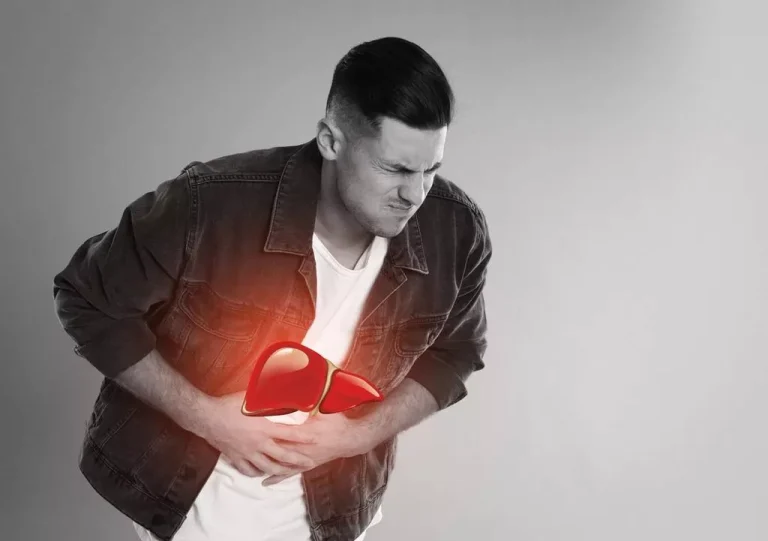
Second, alcoholism can lead to a condition called thrombocytopenia, which is a low level of platelets in the blood. Platelets help the blood clot, so a low level of them can cause easy bruising. Finally, alcoholics may have a deficiency of vitamin C, which is important for healing wounds. If you bruise easily and are worried that it may be a sign of alcoholism, talk to your doctor. The exact mechanisms underlying alcohol-related thrombocytopenia remain unknown.
What Is Alcoholic Neuropathy?
That vasodilation also happens to be responsible for the flushed sensation of heat you sometimes get in your face when you drink. In addition to differences in the quantity of alcohol consumed, inherited or acquired variations in an individual drinker’s biochemistry may account for these differences in susceptibility. Minor accidents — running into furniture, falling, dropping something on your leg, hand or foot — are the most common cause of bruising.
- When some of these factors are lost or dysfunctional your body will not be able to fix these micro-bleeds and they will turn into bruises.
- In fact, it’s estimated that up to 90 percent of people who drink heavily have some form of this condition.
- Thus, bone marrow analysis of alcoholic patients during the neutropenic stage demonstrated that virtually none of the neutrophil precursors had matured beyond an early developmental stage.
- Alcoholics frequently have defective red blood cells that are destroyed prematurely, possibly resulting in anemia.
- If alcohol begins to interfere with daily functioning, but you have been unsuccessful with giving up drinking, seeking treatment can help you to stay committed to recovery.
- This will assist in avoiding dehydration and allow you to thoroughly enjoy your night without any unwanted repercussions.
Causes of Alcoholic Neuropathy

Alcohol-related abnormalities in RBC production manifest themselves not only in the bone marrow but also through the presence of defective RBC’s in the blood. As a result, alcoholics frequently are diagnosed with anemia (figure 1). One component of RBC’s is hemoglobin, an iron-containing substance that is essential for oxygen transport. Sometimes, however, the iron is not incorporated properly into the hemoglobin molecules.

What are the early signs of liver damage from alcohol?
The available data also suggest that alcohol can interfere with a late stage of platelet production as well as shorten the life span of existing platelets. AC is an enzyme that plays a role in the transmission of signals from a cell’s exterior to its interior; the enzyme’s levels in the body are genetically determined. Several studies have found that AC levels in the platelets as well as in some white blood cells are frequently reduced in alcoholics compared with nonalcoholics, even after long periods of abstinence. Because a single gene appears to determine the level of platelet AC activity, it is likely that low platelet AC activity is an inherited trait in many alcoholics and therefore could be used as a trait marker. Recent studies indicate, however, that the gene responsible for low AC levels does not actually cause alcoholism, but may increase the risk of developing the disease. Chronic ingestion of large quantities of alcohol alters many physiological and biological processes and compounds, including several blood-related (i.e., hematological) variables.

Some people experience a faster onset and progression of alcoholic neuropathy than others. It’s not completely clear why some people are more prone to this complication than others. People with a lengthy history of alcohol misuse might experience loss of balance, pain, tingling, weakness, or numbness after drinking alcohol. Alcoholic neuropathy signs and symptoms can progress gradually and are usually subtle at first.
What is the treatment for a bruise?
Read on to learn how heavy drinking can make you more susceptible to bruising and how you can prevent this condition from worsening. Typically, only people who can show at least 6 months of abstinence from alcohol before the procedure will be suitable candidates for a transplant. Quitting alcohol and treating this condition early on is the best way for a person https://ecosoberhouse.com/ to increase their chances of reversing or slowing the disease. In people with liver failure, the liver completely ceases to function. This can be an outcome of advanced-stage liver disease and often means that a liver transplant is the only option for prolonged survival. A liver transplant is a complicated procedure that depends on a donor’s availability.
Partial facial numbness after drinking alcohol.
And since alcohol is a diuretic, you’ll probably visit the bathroom more frequently at night, which can significantly hinder sleep. While alcohol sends you into dreamland quicker, there’s a good chance that having too much will lead to a night of tossing and turning alcohol and bruising once its sedative effects wear off. For some of us, half a dozen drinks during a night out aren’t yet enough to faze us. And yes, you may feel great and energized upon waking up—but that doesn’t mean you didn’t have too much to drink the night before.
- Instead, it is converted into a storage form called ferritin, which can accumulate in RBC precursors, often forming granules that encircle the cell’s nucleus.
- Unfortunately, once a bruise has formed, not much can be done to treat it.
- Your provider might also check your blood platelet levels or do tests that measure the time it takes your blood to clot.
- Check with your doctor before using nonsteroidal anti-inflammatory drugs (NSAIDs), like aspirin or ibuprofen, because these can make bleeding and bruising worse.
- The exact causes of alcohol-related neuropathy aren’t fully understood.
- Hepatitis is a general term for swelling and inflammation of the liver from any cause.
- Adults with low vitamin K levels may also notice a sudden increase in bruising.
- Unhealthy alcohol use includes any alcohol use that puts your health or safety at risk or causes other alcohol-related problems.
- At MedicineNet, we believe it is important to take charge of your health through measures such as a living healthy lifestyle, practicing preventative medicine, following a nutrition plan, and getting regular exercise.
- The early stages of alcohol-related liver disease often have no symptoms.
- In contrast, alcoholics suffering from bacterial infections often exhibit a reduced number of neutrophils in the blood (i.e., neutropenia).
These organisms play a crucial role in your gut and immune system function. Hence, drinking before bed can cause sleep disruptions later in your sleep cycle and lead to insomnia symptoms over time. Alcohol can deprive you of the energy and mental focus you need to go through the following day. You may also feel sluggish, groggy, and easily irritable, mainly due to disrupted sleep or low blood sugar levels. In short, alcohol may increase your risk of experiencing gastritis and digestive symptoms. According to the CDC, moderate drinking is defined as having two standard drinks or less per day for men and one drink or less per day for women.

Treatment for End-Stage Alcoholic Liver Disease

A bruise develops when blood vessels sustain damage and blood leaks into tissues under the skin. This causes the characteristic black or purple color of a bruise. A fall, blow, or other impact that exerts sudden high pressure on the skin can cause a bruise.
Any conditions that have reversed will typically return once drinking restarts. If the alcoholic liver disease is not treated, it can progress to later stages which include alcoholic hepatitis and cirrhosis, a scarring of the liver. Sometimes, bruising after drinking occurs because of the fact that alcohol dilates the blood vessels. When blood vessels are dilated, you’re more likely to experience a bruise after bumping into something.
